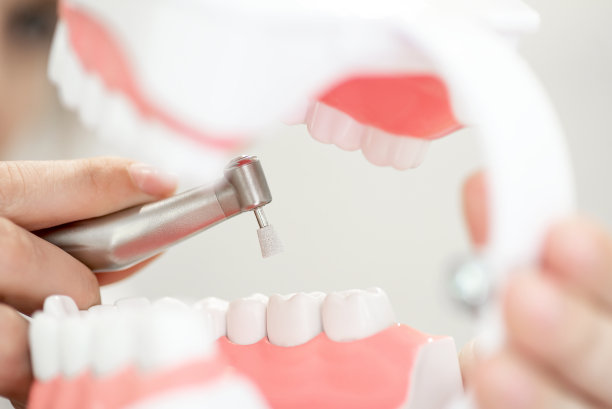A Comprehensive Guide to Understanding Dental Implant Treatment Benefits and Long-Term Care for Optimal Oral Health
Summary: Dental implants are a revolutionary solution for tooth loss, offering both functional and aesthetic benefits. This comprehensive guide delves into the advantages of dental implant treatment, including improved oral health, enhanced quality of life, long-term durability, and the essential steps for post-treatment care. Understanding these critical aspects empowers patients to make informed decisions regarding their oral health. In addition, focusing on long-term maintenance can significantly prolong the benefits gained from dental implants, ensuring the best possible outcome for years to come.
1. Advantages of Dental Implants Explained

Dental implants provide a natural-looking solution for missing teeth, integrating seamlessly with the surrounding tissue and bone. Unlike dentures or bridges, they offer a permanent fix that allows individuals to eat, speak, and smile with confidence. This restoration mimics the function of a natural tooth, providing stability and reliability that other options often lack.
Furthermore, dental implants help preserve the structure of the jawbone, preventing deterioration that can occur after tooth loss. By stimulating the bone through chewing and biting, implants reduce the risk of further health issues associated with bone loss, allowing for a healthier, more functional mouth in the long run.
Patients who undergo dental implant treatments often report a significant boost in self-esteem and quality of life. The ability to engage socially without the worry of loose or missing teeth can lead to increased happiness and better overall mental health.
2. The Impact on Oral Health
One of the most significant benefits of dental implants is their positive effect on oral health. By filling gaps left by missing teeth, implants prevent surrounding teeth from shifting. This aligns the bite and reduces the probability of other dental complications, such as gum disease or tooth decay.
Dental implants also encourage healthy oral hygiene practices. Unlike dentures, which require special care and often lead to neglect of natural teeth, implants can be brushed and flossed like regular teeth. This improves overall oral hygiene routines and reduces the chances of oral infections.
Moreover, with proper care, dental implants can last many years, contributing to a longer overall lifespan for your remaining natural teeth. Continuous advocacy for oral health within this framework ensures that patients maintain their dental health proactively.
3. Long-Term Durability of Implants
When considering dental implants, understanding their longevity is crucial. With a success rate of over 95%, dental implants are designed to last for many years with proper care. This durability arises from their materials, typically made of titanium, which integrates biologically with bone tissue.
The lifespan of dental implants can extend beyond a decade, and in some cases, they last a lifetime. Regular dental check-ups and good oral hygiene practices are essential to contribute to their long-lasting effects. Maintaining these habits ensures potential issues are addressed early, allowing patients to enjoy their implants for years to come.
Overall, the investment in dental implants is often justified when weighing their advantages against temporary or less effective alternatives. The proven track record of implants gives patients confidence in their choice for an enduring solution to tooth loss.
4. Essential Steps for Post-Treatment Care
Post-treatment care is pivotal for the success of dental implants. Initial healing can be facilitated through adherence to a soft-food diet, promoting recovery and minimizing discomfort. Understanding the necessary recovery time is fundamental, as it allows patients to plan their daily activities accordingly.
Numerous professional dental check-ups in the first few months post-placement are crucial for monitoring the healing process. Dentists can customize maintenance plans, ensuring each patients specific needs are considered, facilitating personalized care.
Regular oral hygiene routines are integral to the long-term success of implants. Patients are encouraged to brush and floss daily, maintaining not only the health of the implants but the surrounding teeth and gums as well. Regular care prevents complications, ensuring a beautiful smile that lasts.
Summary:
Understanding the benefits of dental implants is essential for anyone considering their options for tooth restoration. From enhanced oral health to improved quality of life, the advantages are clear. By focusing on long-term care and maintenance, patients can maximize the effectiveness of their implants, ensuring durability and satisfaction with their choice.
This article is compiled by Vickong Dental and the content is for reference only.



